
If you are a Veteran suffering from Gastroesophageal Reflux Disease (GERD), you may be eligible for medical benefits through the Department of Veterans Affairs (V.A.). The VA assigns a disability rating to various illnesses and conditions, including GERD. This blog post will explain what the various disability ratings mean and how they can be determined. By better understanding the V.A.’s rating system, veterans can ensure they receive all the medical care and compensation they are eligible for.
What is Gastroesophageal Reflux Disease?
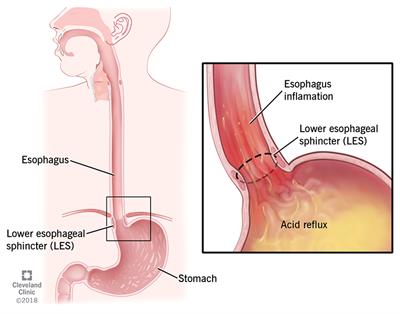
Gastroesophageal Reflux Disease (GERD) is a troublesome digestive disorder which causes stomach acid to regurgitate into the Esophagus, triggering burning sensations and other telltale signs. GERD is more than just occasional heartburn – it can lead to serious health problems if not treated properly. The VA recognizes GERD as a potentially disabling condition, which is why they provide medical benefits to Veterans suffering from the disorder.
Common Symptoms of GERD
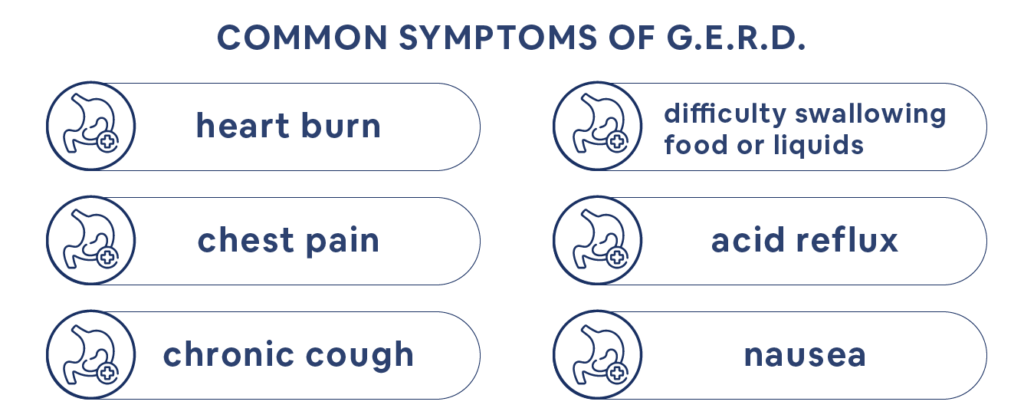
If you are experiencing these symptoms, you must speak with your doctor to receive a proper diagnosis.
Risk Factors for GERD
GERD is a condition that can be caused or aggravated by certain risk factors. These risk factors include:
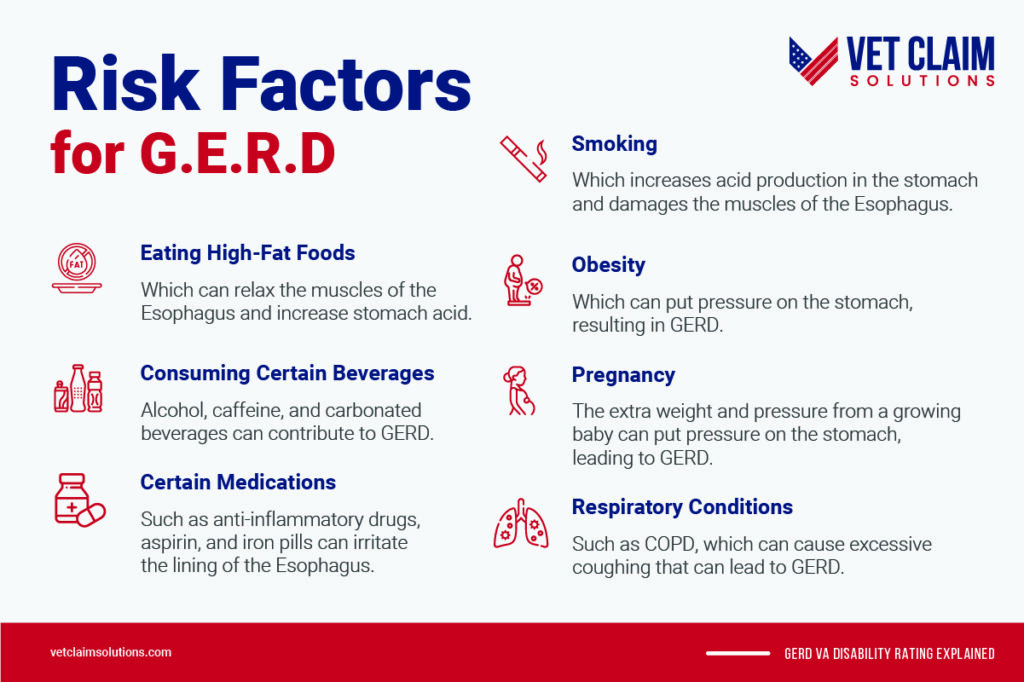
Eating High-Fat Foods:
Which can relax the muscles of the Esophagus and increase stomach acid.
Consuming Certain Beverages:
Alcohol, caffeine, and carbonated beverages can contribute to GERD.
Certain Medications:
Such as anti-inflammatory drugs, aspirin, and iron pills can irritate the lining of the Esophagus.
Smoking:
Which increases acid production in the stomach and damages the muscles of the Esophagus.
Obesity:
Which can put pressure on the stomach, resulting in GERD.
Pregnancy:
The extra weight and pressure from a growing baby can put pressure on the stomach, leading to GERD.Clone Omega Watches,replica watches uk,rolex replica uk.
Respiratory Conditions:
Such as COPD, which can cause excessive coughing that can lead to GERD.
It is important to be aware of these risk factors and take steps to prevent or manage symptoms if necessary. Eating a balanced diet, avoiding certain foods and beverages, quitting smoking, and maintaining a healthy weight are all ways to help reduce the risk of GERD.
Is GERD a Rated Disability by the V.A.?
Yes, GERD is a V.A. disability and can be rated using the criteria in C.F.R. 38, Part 4, V.A. Schedule of Ratings. The rating for GERD is based on the severity of the individual’s symptoms and medical history. Individuals with mild symptoms may be given a 10% rating, while those with more severe GERD may qualify for a 30% or 60% rating.
V.A. Rating Scale for GERD
VA rating for GERD is based on the assumption that it is analogous to other digestive disorders. As such, it is subject to the rating criteria for a condition closest to or requiring the same treatment. This means that GERD is typically rated according to the diagnostic code for Hiatal Hernia, which falls under 38 C.F.R.; 4.114 diagnostic code 7346.
The VA disability ratings under this code, which range from 10 to 60%, are determined by the severity of GERD symptoms.

10% rating
To qualify for a 10% rating, the Veteran must exhibit two or more symptoms of the 30% evaluation but with less severity.

30% rating
For a 30% rating, the Veteran must present with persistently recurrent epigastric distress, dysphagia, pyrosis, and regurgitation accompanied by substernal or arm and shoulder pain, which causes severe impairment of health.

60% rating
A 60% rating requires multiple symptoms, such as pain, vomiting, material weight loss, hematemesis, or melena with moderate Anemia, to cause severe health impairment. Any combination of two or more symptoms can qualify for this rating.
Connecting GERD as a V.A. Disability
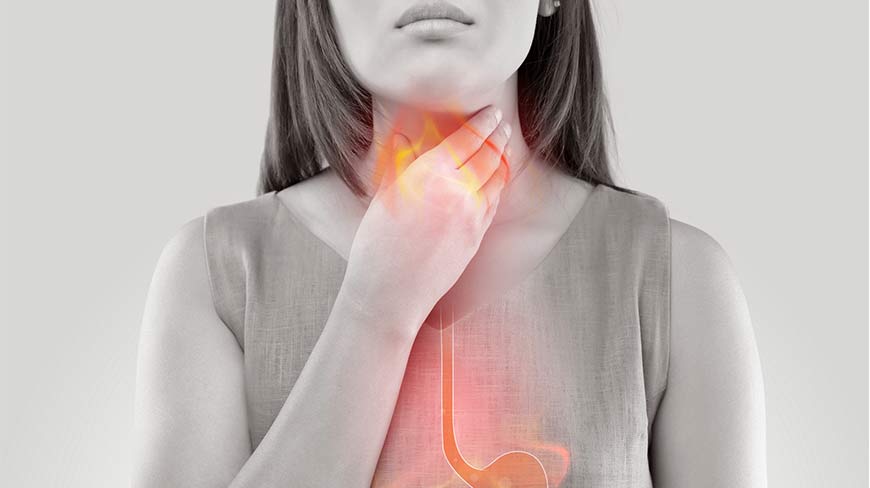
GERD Started During Service
If you develop GERD during active duty, you may be eligible for service-connected disability compensation. To qualify for this diagnosis, you must have evidence that the condition was contracted or aggravated during service. This qualifies as a “presumption of service connection” and can make it easier to be approved for disability compensation.
GERD Made Worse by Service
Not all veterans who suffer from GERD were diagnosed with it during active duty. However, if the Veteran can show that their current level of GERD was made worse by their service, they may be eligible for a disability rating. The Veteran must show evidence that the condition was aggravated during active duty and has worsened since discharge.
GERD Diagnosed After Service
Veterans diagnosed with GERD after leaving service may still be eligible for disability compensation. The Veteran must show evidence of the diagnosis and demonstrate that the condition is related to service. The Veteran must also prove that the symptoms and diagnosis are consistent with an in-service event or injury.
Pursuing GERD as a Secondary Condition
Regarding GERD as a secondary condition, veterans may be able to obtain service connections if they are already service-connected for another respiratory condition. The VA will consider the opinion of medical experts that GERD was developed secondarily due to chronic irritation of the Esophagus caused by a pre-existing respiratory condition.
This can also occur due to the effects of medications used to control the primary condition. These medications can include NSAIDs such as ibuprofen, potassium, iron pills, and certain antibiotics.
For example, a service-connected veteran for COPD may file a V.A. claim for GERD as a secondary disability if they can provide evidence that their condition caused or aggravated GERD. To prove a secondary service connection, veterans must provide medical evidence showing that their pre-existing service-connected disability resulted in or aggravated the GERD.
In addition, there are other medications that are known to weaken or relax the Lower Esophageal Sphincter (LES) which can also cause GERD. Medications that fall under this scenario include but not limited to antidepressants, narcotics, calcium channel blockers, and sedatives.
The C&P Exam for GERD
The C&P Exam for GERD is an important part of obtaining veterans’ benefits. A C&P examiner will assess a veteran’s physical condition and history of signs and symptoms related to GERD. Recently, blood tests have been included in the C&P exam for GERD to screen for Anemia. An accurate diagnosis of Anemia requires a blood test to be conducted.
It’s important to explain to the C&P examiner how your GERD symptoms affect your ability to work and engage in everyday life and social activities. Questions may include the frequency of symptoms, how severe they are, and how long you have been experiencing them.
To prepare for the C&P exam, reviewing the GERD DBQ form is a good idea, especially section III: Signs and Symptoms. By considering the frequency, severity, and duration of esophageal symptoms in advance, you’ll be better prepared for the C&P exam. This can help ensure you get the benefits you deserve.
Secondary Conditions That GERD May cause
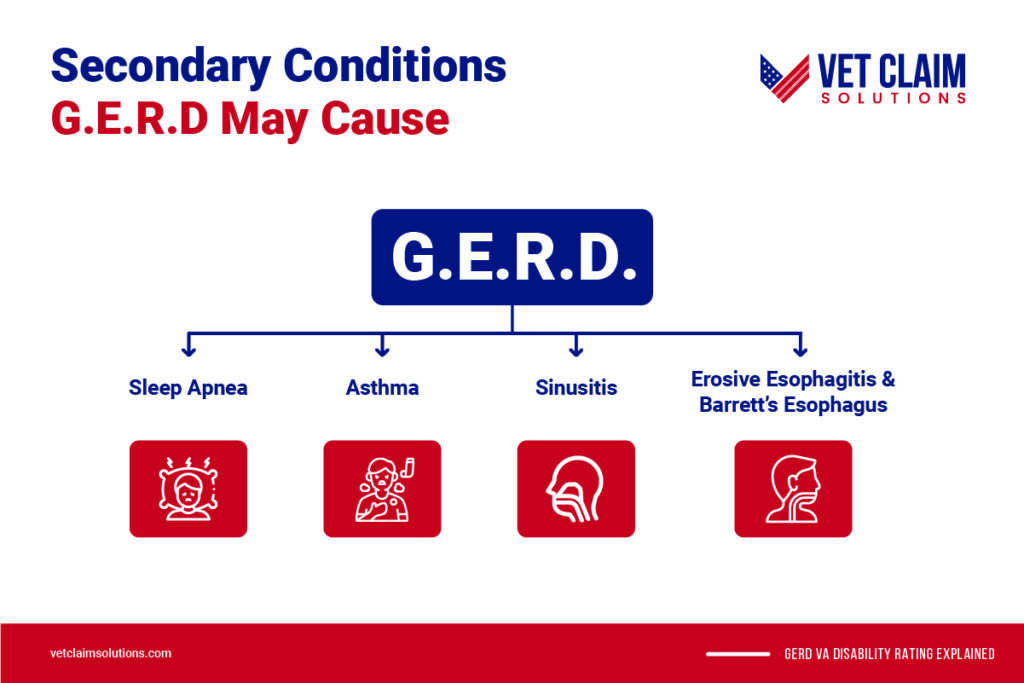
GERD can cause many secondary conditions. Sleep Apnea, Asthma, Sinusitis, Erosive Esophagitis, and Barrett’s Esophagus are all known to be caused by GERD in some cases.
Sleep Apnea
Sleep Apnea is a sleep disorder where breathing stops briefly during sleep. It is a serious condition that can cause oxygen deprivation and significantly impact a person’s ability to function during the day. GERD may lead to Sleep Apnea by narrowing the airway due to throat swelling.
Asthma
Asthma is an inflammatory disorder of the lungs that causes difficulty breathing, wheezing, chest tightness, and coughing. GERD can cause Asthma by causing inflammation of the air passages.
Sinusitis
Sinusitis is an inflammation of the sinuses which causes congestion, sinus headaches, difficulty breathing, and other symptoms. GERD may lead to Sinusitis by increasing inflammation in the area and leading to the thickening of mucous membranes.
Erosive Esophagitis and Barrett’s Esophagus
Erosive Esophagitis and Barrett’s Esophagus are two more conditions that GERD can cause. Erosive Esophagitis is a condition where the lining of the Esophagus becomes damaged due to acid reflux. Barrett’s Esophagus is an abnormal change in cells in the lower Esophagus due to long-term irritation caused by GERD.
It’s important to recognize the potential secondary conditions caused by GERD and seek medical help early to minimize any adverse effects or long-term damage. Treating GERD promptly may prevent secondary conditions from developing or becoming more severe.
Do You Have Questions about Filing a Claim for GERD?
If you have questions about filing a VA disability claim for GERD, the experienced coaches at Vet claim solutions will guide you through the entire process to ensure you get the VA benefits you deserve. Contact us today for a free consultation. Our staff is here to help every step of the way.


